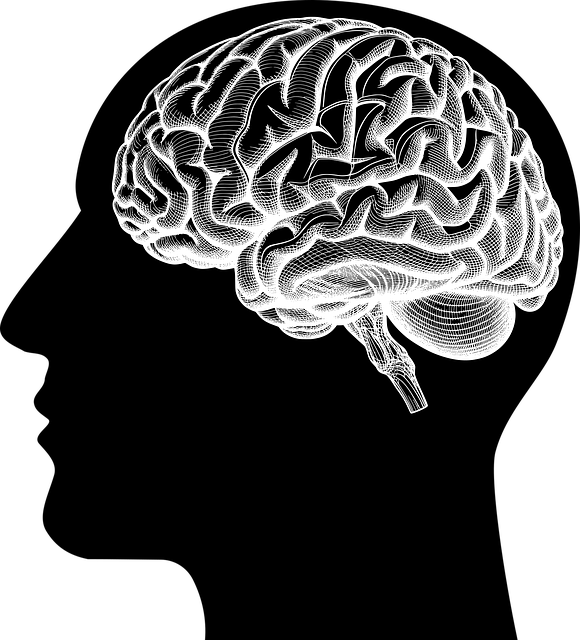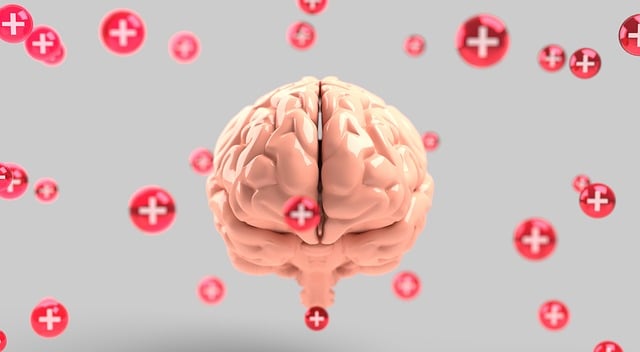Mental health policies are crucial for ensuring young children access quality care, with a growing focus on early interventions like Dialectical Behavioral Therapy (DBT). DBT, effective in emotion regulation and relationship improvement, is integrated into school and community programs. Advocacy should also address healthcare provider burnout and promote cultural competency training to foster sustainable mental health care for diverse populations. Early intervention through therapy prevents mental health issue escalation, empowering children with positive emotional coping mechanisms. Despite challenges, increasing DBT availability, self-care practices, risk assessment, and trauma support services offer promising opportunities for optimal young minds' well-being.
Mental health policy advocacy is a vital sector navigating complex landscapes to ensure equitable access to care. This article delves into the intricacies of mental health governance, highlighting key areas like therapy’s role in young children’s well-being and the transformative potential of Dialectical Behavioral Therapy (DBT).
Through comprehensive policy analysis, we explore gaps, challenges, and opportunities, offering strategies for effective advocacy. By understanding the foundation of mental health policies, we can drive positive change, particularly in promoting evidence-based practices like DBT for young minds.
- Understanding Mental Health Policy: A Foundation for Advocacy
- The Role of Therapy in Young Children's Mental Well-being
- Exploring Dialectical Behavioral Therapy (DBT): Principles and Benefits
- Policy Analysis: Gaps, Challenges, and Opportunities
- Strategies for Effective Mental Health Policy Advocacy
Understanding Mental Health Policy: A Foundation for Advocacy

Mental health policies are a cornerstone for advocating improved access to quality care, particularly for vulnerable populations such as young children. Understanding the intricate web of regulations and guidelines forms the foundation for effective advocacy. In many regions, there’s a growing recognition of the need for early intervention in mental health issues among children, with programs like Dialectical Behavioral Therapy (DBT) gaining traction. This therapy, designed to help individuals regulate emotions, cope with distress, and improve relationships, is being integrated into school systems and community-based programs.
Advocacy efforts should also focus on burnout prevention strategies for healthcare providers, as high workloads and lack of support can lead to professional exhaustion. Resilience-building initiatives and cultural competency training are equally vital. By ensuring that healthcare providers are equipped with the necessary tools and resources, they can offer more effective care, especially when dealing with diverse patient populations. These holistic approaches not only improve individual outcomes but also contribute to a more sustainable mental health care system.
The Role of Therapy in Young Children's Mental Well-being

The early years of a child’s life are crucial for their mental health development, and therapy plays a pivotal role in fostering well-being. Therapy for young children, particularly Dialectical Behavioral Therapy (DBT), has gained significant attention as an effective approach to address emotional and behavioral challenges. DBT combines cognitive-behavioral techniques with mindfulness practices, teaching children essential skills for emotion regulation, distress tolerance, and effective interpersonal relationships. This therapy is especially beneficial for those dealing with trauma, as it provides a safe space for them to process their experiences and develop healthy coping mechanisms.
By incorporating self-awareness exercises and trauma support services, mental health education programs can be designed to empower young children. These programs aim to educate and provide tools that promote resilience, enabling children to navigate their emotions and interact with their environment in a positive manner. Early intervention through therapy is a powerful strategy to prevent the escalation of mental health issues and ensure a brighter future for these young minds.
Exploring Dialectical Behavioral Therapy (DBT): Principles and Benefits

Dialectical Behavioral Therapy (DBT) is a highly effective treatment approach that has gained significant attention for its ability to support young children facing emotional challenges. This therapy, initially developed for adults with borderline personality disorder, focuses on teaching individuals skills to regulate emotions, tolerate distress, enhance mindfulness, and improve interpersonal effectiveness. The principles of DBT emphasize the balance between accepting the present moment and engaging in behavioral change, making it a powerful tool for crisis intervention guidance.
The benefits of DBT extend beyond its primary applications. By fostering cultural sensitivity in mental healthcare practice, it ensures that young clients from diverse backgrounds receive tailored support. Moreover, DBT techniques can be integrated into burnout prevention strategies, empowering children and adolescents to navigate stressful situations and develop healthy coping mechanisms. This therapy’s holistic approach not only addresses current mental health issues but also equips individuals with long-lasting skills for emotional well-being.
Policy Analysis: Gaps, Challenges, and Opportunities

Policy Analysis reveals critical gaps in mental health support, particularly for vulnerable populations such as young children. Access to evidence-based therapies like Dialectical Behavioral Therapy (DBT) remains limited, exacerbating existing disparities. The absence of comprehensive policies addressing early intervention and prevention strategies poses significant challenges to ensuring optimal mental well-being for our youngest citizens.
Despite these obstacles, there are promising opportunities for change. Increasing the availability of DBT and similar therapies can significantly impact positive outcomes for young minds. Moreover, integrating self-care practices and empathy-building strategies within policy frameworks can equip both mental health professionals and clients with valuable tools. Implementing robust risk assessment protocols will further safeguard the well-being of those seeking support, fostering a more inclusive and effective mental health care system.
Strategies for Effective Mental Health Policy Advocacy

Mental health policy advocacy requires a strategic approach to ensure meaningful change and improved access to care. One effective strategy is to highlight evidence-based practices that have proven successful in treating common mental health disorders, such as dialectical behavioral therapy (DBT), particularly for therapy for young children. DBT combines cognitive-behavioral techniques with mindfulness practices to help individuals manage emotions and relationships, offering a holistic approach to mental well-being.
Advocates should also emphasize the importance of trauma support services and stress reduction methods within policy frameworks. By addressing the root causes of many mental health issues, such as trauma and chronic stress, policymakers can promote long-term solutions. This includes advocating for increased funding for community-based programs offering anxiety relief interventions tailored to diverse populations, ensuring that no one is left behind in accessing the support they need to thrive.
Mental health policy analysis and advocacy are vital components in ensuring accessible and effective support for young children’s mental well-being. By understanding the foundational concepts of mental health policy, recognizing the impact of therapy—such as Dialectical Behavioral Therapy (DBT)—on vulnerable populations, and identifying policy gaps, we can drive meaningful change. Advocacy strategies outlined in this article equip professionals and stakeholders with the tools to navigate these challenges, ultimately fostering policies that prioritize and enhance mental health services for children through evidence-based practices like DBT.














